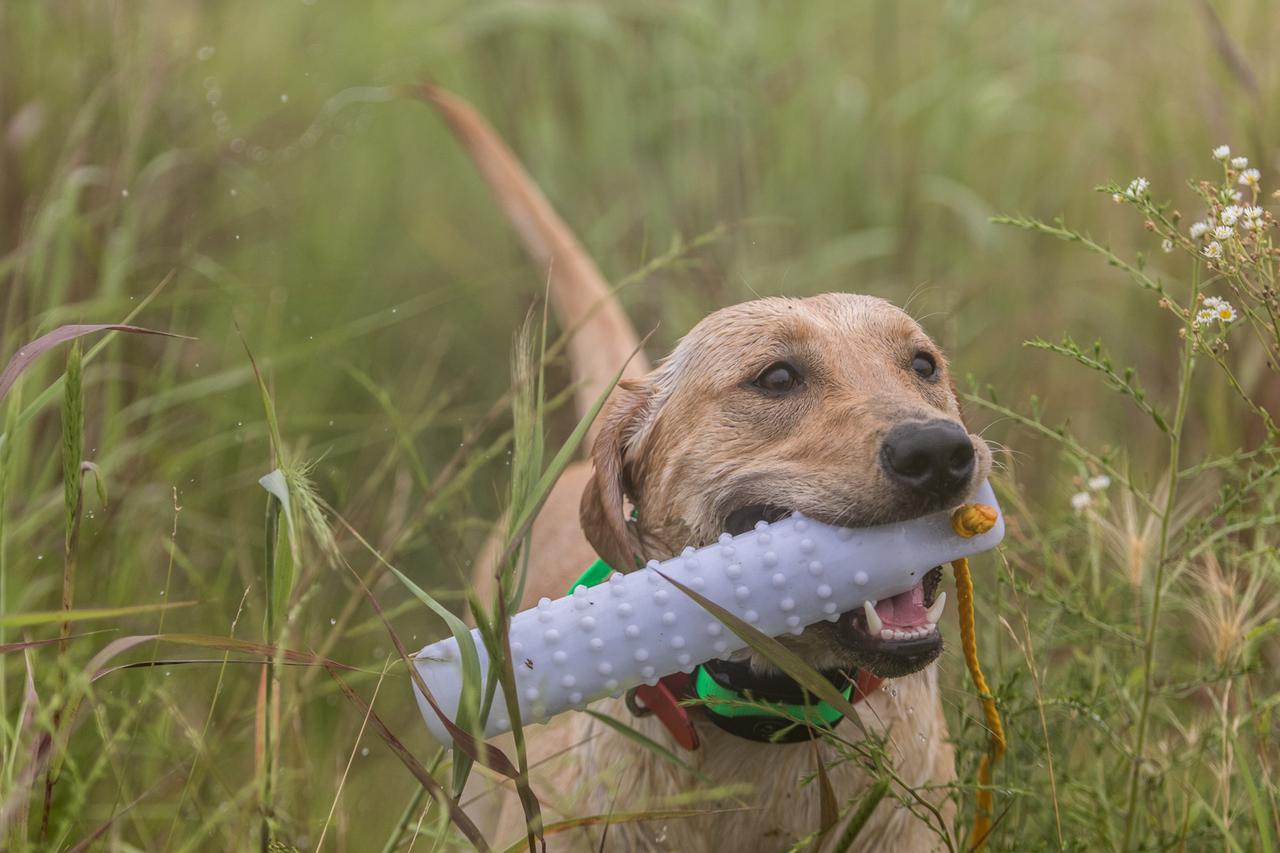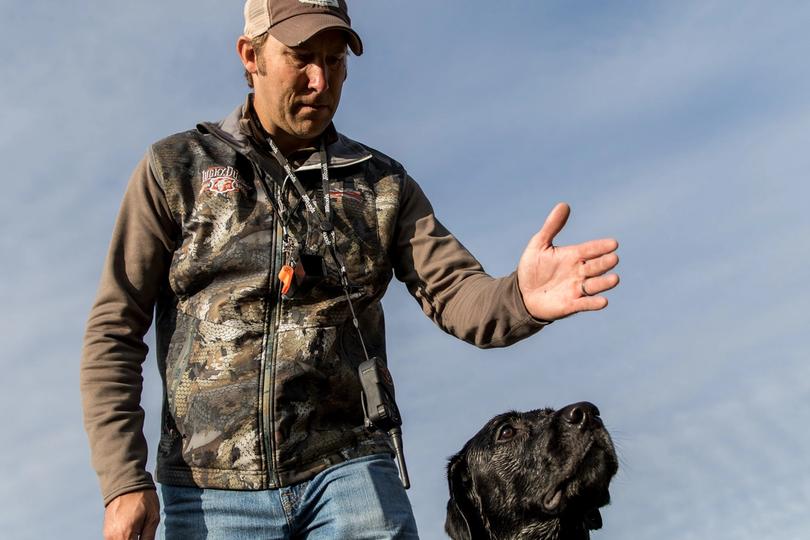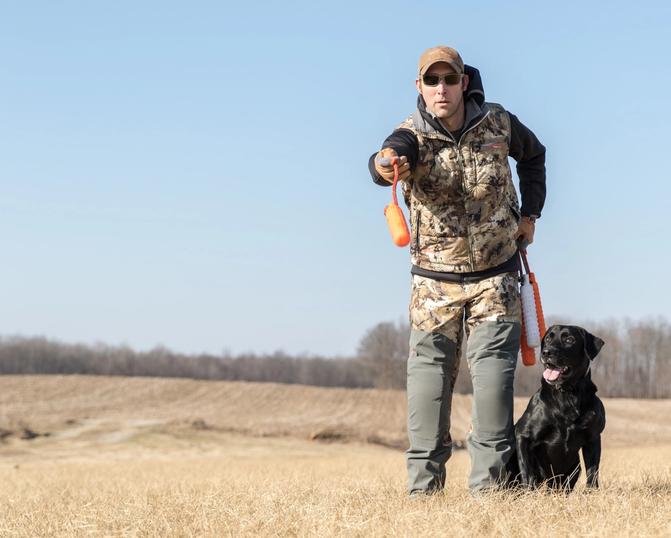
3 Common Dog Training Mistakes To Avoid
Posted by The SportDOG StaffTraining a hunting dog is a fun and enjoyable experience. If trained correctly, the results will be a dog that is a joy to take hunting and a valuable partner in the field. The SportDOG® Pro Staff weighs in on the three most common dog-training mistakes to avoid.
Waiting Too Late to Begin Training
Young puppies are like sponges and will soak up training from a very early age. Many people believe they should let their puppy just “be a puppy” for the first six months or more, but this time of their lives is one of the most important periods for learning. Puppies should be allowed to play and explore, but the first few months are critical for developing desired behavior and to cement the bond between dog and trainer. Young pups left to their own devices can quickly develop bad habits and stubbornness.
Basic obedience training can begin as soon as you receive the new puppy. They are eager to learn and can also be taught hunting concepts during this early period. Concepts such as hold, place, overs and basic retrieves can all be taught before a pup reaches six months. Keeping the training fun with low pressure is the key to early training. Once the puppy’s adult teeth come in, trainers can move into more formal areas of hunting training.
Expecting Too Much Too Early
Training begins with setting a foundation of skills. Each new skill learned is based upon the previous ones, slowly filling a toolbox of abilities. Jumping into more complex training without developing and mastering the supporting skills will lead to failures from the dog and frustration for the trainer. Don’t be afraid to back up and reinforce previously learned skills.
Eager to get a dog into the action, some owners take their dogs afield before the pup develops the confidence needed to do the work correctly. The first season should be about training, not hunting. Taking a dog with others who are hunting allows for consistent, hands-on training. By devoting this time afield to training, time-consuming regressions can be prevented or mitigated.
Not Sticking With It
While different trainers experience different results, it can take up to three years to “finish” a gun dog. Whatever training program an amateur trainer chooses to follow, he or she must follow it step-by-step and not be afraid to slow down or backtrack to retrain if the dog is having difficulty with a skill or drill.
New trainers shouldn’t be shy about seeking help if they experience difficulties with training. Local dog clubs, such as Hunting Retriever Club (HRC) and American Kennel Association (AKC), are great resources. The members are enthusiastic about dog training and are more than willing to give advice and guidance. Training a hunting dog is a long and arduous journey full of frustration and setbacks, but in the end, it’s well worth it.
Related Products
Orange Check Cord
FieldTrainer® 425X
Related Articles

10 Mistakes in Gun Dog Training and How Not to Make Them - Part 1
by The SportDOG Staff
The best thing about the years that ourselves and our ProStaffers have spent training dogs is that we've made the mistakes. We preach the value of mistakes because you will learn from them even more than your successes, but there's no reason you can't learn from ours. We constantly hammer...

10 Mistakes in Gun Dog Training and How Not to Make Them - Part 2
by The SportDOG Staff
Read the first 5 mistakes to avoid with hunting dog training in the first article in this series. Not Adapting to the Dog No two dogs are exactly the same. Like children, they all learn differently, have differing strengths and have that free-will thing that can leave you grinding your teeth in...


